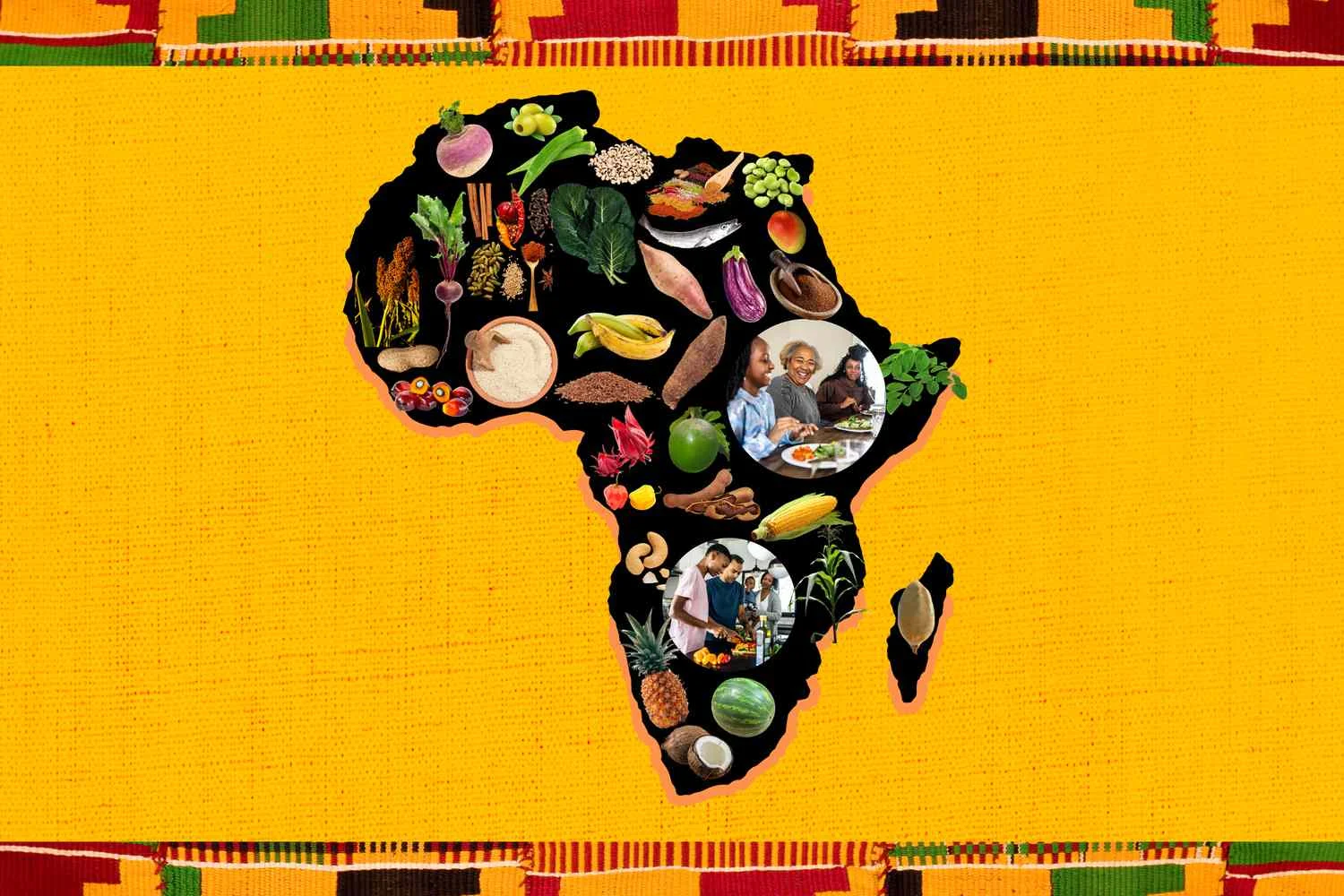Abstract
This documentary article explores the rich history of African medicine and health traditions, showcasing how ancient African civilizations were pioneers in drug discovery and healthcare. It sheds light on the deep-rooted knowledge and skills that emanated from Africa. However, it also examines the current health challenges faced by the continent, emphasizing the need for continued recognition of Africa's contributions to global health and the importance of addressing modern healthcare disparities.
Introduction
Africa, often referred to as the "Cradle of Humankind," boasts a profound history of medicine and health traditions that predates many other continents. From the ancient Egyptians and their extensive knowledge of medicinal herbs to the traditional healers of various African tribes, the continent has played a crucial role in drug discovery and healthcare practices. Despite its rich heritage, modern Africa faces health challenges that demand global attention and solutions. This documentary article delves into the journey of African medicine, from its pioneering roots to contemporary challenges.
1.Ancient African Medicine and Drug Discovery
In antiquity, African civilizations excelled in medicine and drug discovery. The ancient Egyptians, for example, were renowned for their sophisticated understanding of medicinal herbs and surgical techniques (Nunn J. F., 2002).
2. Traditional Healing Practices
African traditional healers have been integral to healthcare for centuries. They possess deep knowledge of herbal remedies, spiritual healing, and various forms of traditional medicine (Langwick S. A., 2011).
3. African Contributions to Global Medicine
African medical knowledge significantly impacted the global understanding of health and healing. It influenced ancient Greece, Islamic medicine, and even modern pharmaceutical discoveries (Nunn J. F., 1996).
4. Modern Health Challenges in Africa
While Africa has a rich medical heritage, the continent grapples with contemporary health challenges, including infectious diseases, inadequate healthcare infrastructure, and a high burden of non-communicable diseases (GBD, 2018).
5. Knowledge Sharing and Collaborations
Collaborations between African healthcare practitioners, researchers, and global health organizations are vital to addressing the health challenges. Initiatives are emerging to bridge the gap and leverage Africa's medical heritage (Ghebreyesus T. A., 2019).
6. Education and Research Advancements
Efforts are being made to enhance healthcare education and research in Africa. These initiatives aim to cultivate a new generation of healthcare professionals and researchers (Koplan J. P. et al., 2009).
7. Global Responsibility and Solidarity
Global healthcare disparities require global responsibility. By acknowledging Africa's contributions to medicine and health, the world can work together to ensure equitable healthcare access (Farmer P. E. et al., 2006).
Read also: African Medicine and Health: An Ancient Legacy Lost in Time
Conclusion
Africa's contributions to medicine and healthcare throughout history are undeniably profound. Ancient African civilizations and traditional healers played pivotal roles in drug discovery, surgical techniques, and traditional medicine. These legacies have left an indelible mark on global healthcare practices. However, modern Africa faces numerous health challenges that demand attention and collaboration on a global scale.
Efforts to address healthcare disparities, bolster healthcare education and research, and promote global responsibility and solidarity are crucial. By recognizing Africa's contributions to medicine and health, the world can work together to ensure equitable healthcare access and ultimately honor the continent's enduring legacy in healthcare.
References:
1. Nunn, J. F. (2002). Ancient Egyptian medicine. University of Oklahoma Press.
2. Langwick, S. A. (2011). Articulate(d) bodies: Traditional medicine in a Tanzanian hospital. American Ethnologist, 38(1), 74-88.
3. Nunn, J. F. (1996). The influence of tropical diseases on ancient civilisations: Africa. Parasitology Today, 12(2), 66-69.
4. Global Burden of Disease [GBD] 2017 Causes of Death Collaborators. (2018). Global, regional, and national age-sex-specific mortality for 282 causes of death in 195 countries and territories, 1980–2017: a systematic analysis for the Global Burden of Disease Study 2017. The Lancet, 392(10159), 1736-1788.
5. Ghebreyesus, T. A. (2019). Public health successes and missed opportunities. The Lancet, 394(10197), 213-214.
6. Koplan, J. P., Bond, T. C., Merson, M. H., Reddy, K. S., Rodriguez, M. H., Sewankambo, N. K., & Wasserheit, J. N. (2009). Towards a common definition of global health. The Lancet, 373(9679), 1993-1995.
7. Farmer, P. E., Nizeye, B., Stulac, S., & Keshavjee, S. (2006). Structural violence and clinical medicine. PLoS Medicine, 3(10), e449.


Post a Comment
Full Name :
Adress:
Contact :
Comment: